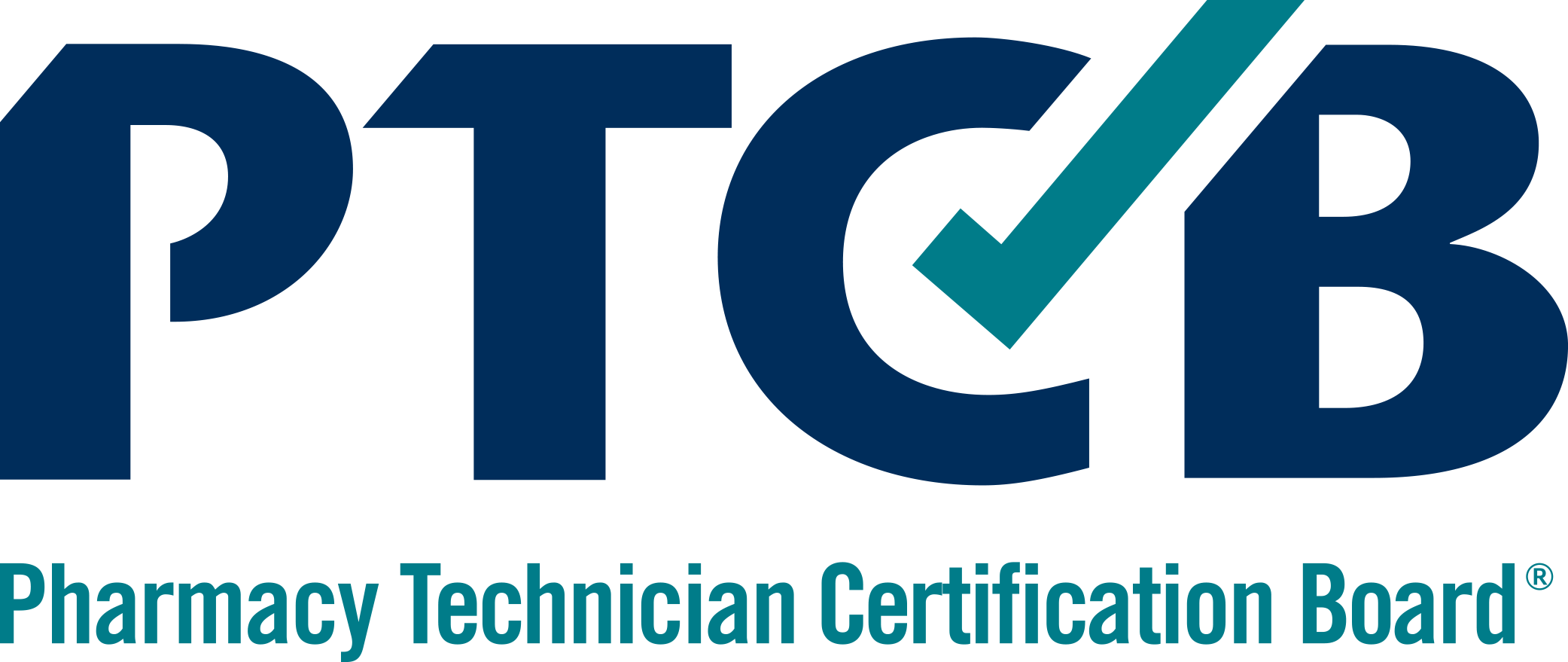
Expert Discusses Certification for Pharmacy Technicians, Moving Up Career Ladder

Bill Schimmel, CEO and executive director of the Pharmacy Technician Certification Board (PTCB), discusses how pharmacists and pharmacy technicians can advocate for the certification of pharmacy technicians.
Ashley Gallagher: What are some ways that pharmacy technicians, and even pharmacists, can advocate for themselves and address the ongoing issues of burnout?
Bill Schimmel: I'm going to refer back to our survey. Participants reported better wages and more opportunities for advancement, and an increase in responsibilities as the most significant factors to prevent burnout. That's not a surprise because that data is consistent from before COVID. We saw an uptick, as you can imagine, in that survey.
They can advocate for resources and opportunities. We would often say talk to your supervisor, your pharmacist, have a conversation with them, tell them tell them what you're looking for. They can kind of position themselves. They had that extra time to have a greater voice through their state pharmacy association, or sometimes their local chapters in their area.
In a number of State Board of Pharmacy, I think we hit 20 now, or close to 20, have a technician representative on their state board. I think that is absolutely critical having that voice. If a State Board of Pharmacy doesn't have a technician representative, they should. We feel really strongly about that.
So for our part, PTCB has a lot of connections, we know a lot of people, and we will constantly say that out loud. We use those conversations at conferences or like this to make sure that technicians are getting a stronger voice.
Ashley Gallagher: How can pharmacies technicians, pharmacists and organizations provide pharmacy technicians with the best resources to focus on patient safety?
Bill Schimmel: I think training and credentialing are a great place to start. One of the things we do sometimes, we look at who are the most successful candidates on the PTCE or on advanced and specialty credentials. It is technicians who went through a strong structured education and training program while also working. It's pretty obvious to get that background knowledge while you're doing the job kind of in a carefully supervised way, of course, because you're probably new.
If you compare data that we collected in 2019 in a workforce survey versus what we just released, more employers are now offering to pay for those educational expenses and formal technician training, and even recertification fees, or registration and licensing fees at the state level. So, it's actually gone up that's encouraging. It has a way to go, but that was really encouraging to see.
Then your employer and individual pharmacists have a role too, of course. They can advocate for a better working environment that can deal with hours and breaks, they can raise pay, so that technicians on duty can remain focused on their actual job, which is patient safety.
We think just recognizing the role technicians play. Every pharmacist will tell you how much easier their job is made by the rest of their team being really, really strong, and there's always a technician behind that.
Ashley Gallagher:How can employers better support pharmacy technicians who want to move up the career ladder and become certified? I know you mentioned partially by offering to pay and like stuff like that.
Bill Schimmel: I wanted to cite some good news here, again, from the survey 59% of pharmacy technicians, they view their jobs as a long-term career compared to just 14% of non-certified technicians. It won't be a surprise that I'm going to advocate for PTCB credentials, but I want to make sure people know that there's data behind that.
Going through the process of the training and the education, and then the credential, technicians view themselves more as professionals and they are. You go through that process and now it's okay, I've got not just the pride and the knowledge, but I see a path forward. So I would say encourage certification, support the technician as they prepare. If they look like they want more, encourage exploring advanced specialty opportunities inside of your pharmacy or your health system.
Newsletter
Stay informed on drug updates, treatment guidelines, and pharmacy practice trends—subscribe to Pharmacy Times for weekly clinical insights.


























